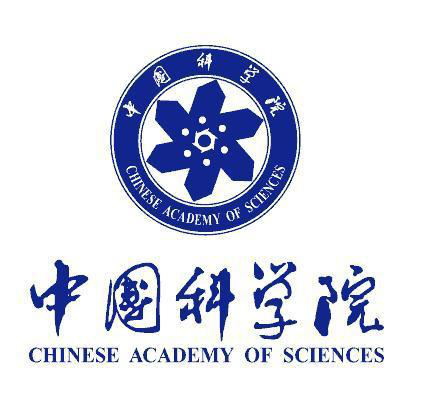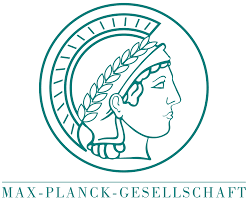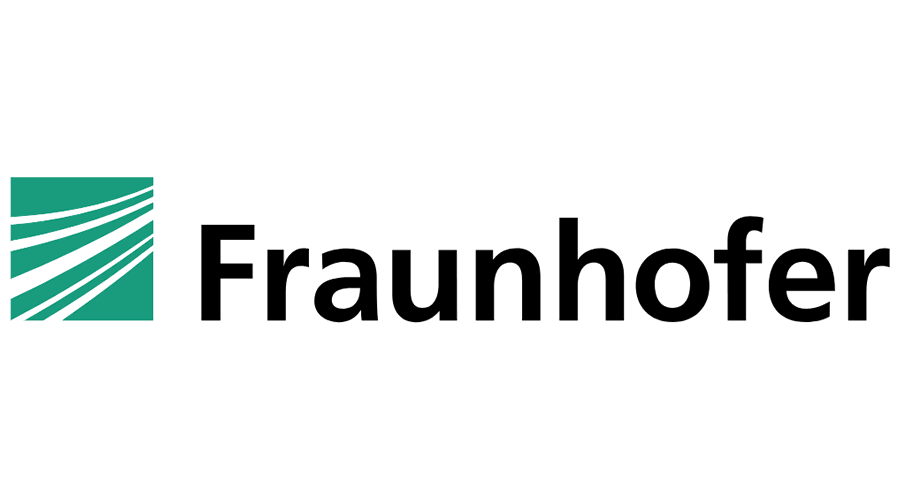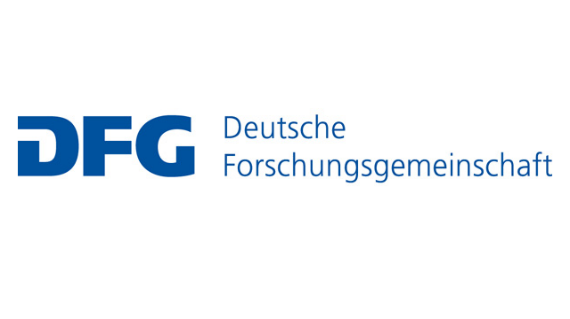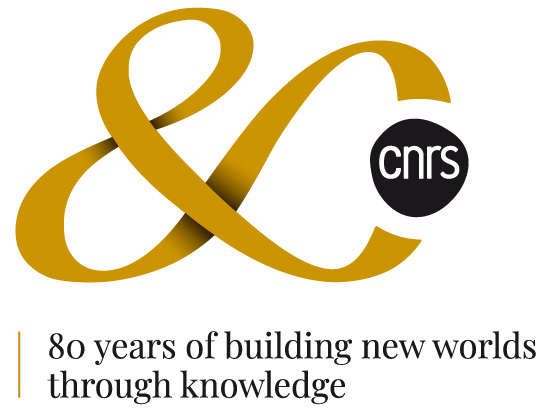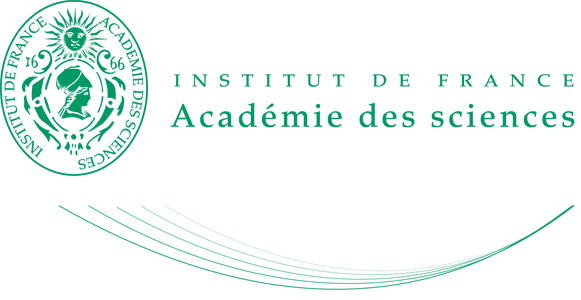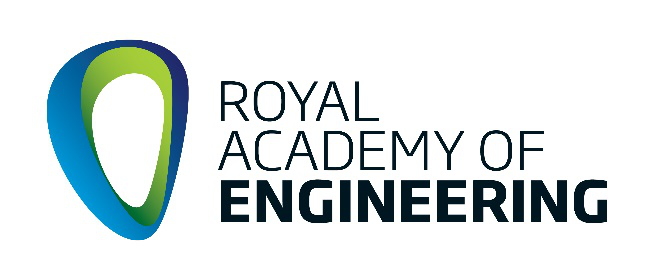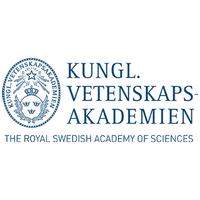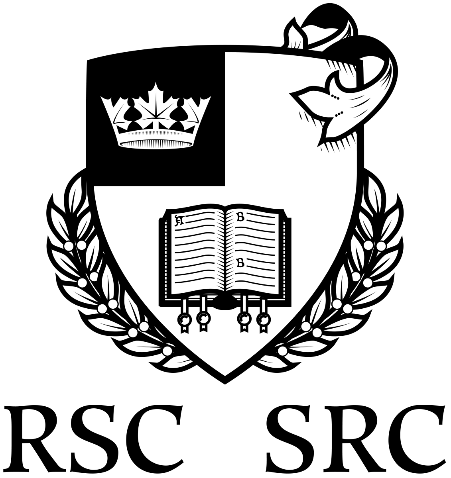A Two-Stage Optimization Strategy for Fuzzy Object-Based Analysis Using Airborne LiDAR and High-Resolution Orthophotos for Urban Road Extraction
In the last decade, object-based image analysis (OBIA) has been extensively recognized as an effective classification method for very high spatial resolution images or integrated data from different sources. In this study, a two-stage optimization strategy for fuzzy object-based analysis using airborne LiDAR was proposed for urban road extraction. The method optimizes the two basic steps of OBIA, namely, segmentation and classification, to realize accurate land cover mapping and urban road extraction. This objective was achieved by selecting the optimum scale parameter to maximize class separability and the optimum shape and compactness parameters to optimize the final image segments. Class separability was maximized using the Bhattacharyya distance algorithm, whereas image segmentation was optimized using the Taguchi method. The proposed fuzzy rules were created based on integrated data and expert knowledge. Spectral, spatial, and texture features were used under fuzzy rules by implementing the particle swarm optimization technique. The proposed fuzzy rules were easy to implement and were transferable to other areas. An overall accuracy of 82% and a kappa index of agreement (KIA) of 0.79 were achieved on the studied area when results were compared with reference objects created via manual digitization in a geographic information system. The accuracy of road extraction using the developed fuzzy rules was 0.76 (producer), 0.85 (user), and 0.72 (KIA). Meanwhile, overall accuracy was decreased by approximately 6% when the rules were applied on a test site. A KIA of 0.70 was achieved on the test site using the same rules without any changes. The accuracy of the extracted urban roads from the test site was 0.72 (KIA), which decreased to approximately 0.16. Spatial information (i.e., elongation) and intensity from LiDAR were the most interesting properties for urban road extraction. The proposed method can be applied to a wide range of real applications through remote sensing by transferring object-based rules to other areas using optimization techniques.





